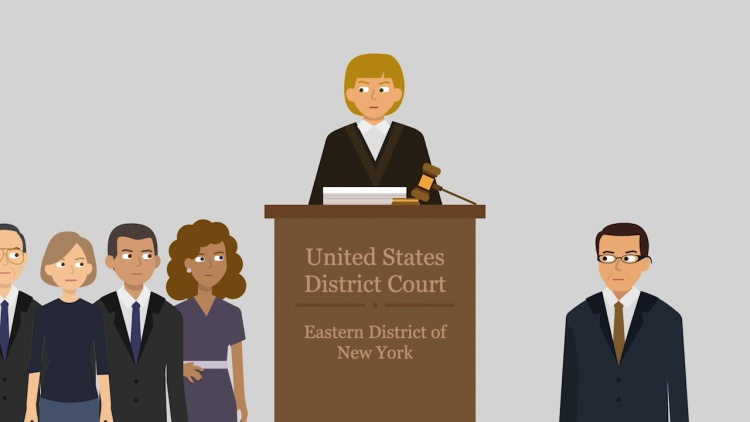Ohio v. American Express Co.
United States Supreme Court
138 S. Ct. 2274, 585 U.S. 529, 201 L.Ed.2d 678 (2018)
- Written by Rose VanHofwegen, JD
Facts
American Express Company and American Express Travel Related Services Company (together, Amex) (defendants) provide credit-card services to merchants and consumers. Amex charges merchants higher fees than other companies but offers cardholders greater rewards. Amex merchants enter agreements with antisteering provisions that prohibit discouraging customers from using Amex cards at the point of sale. The United States and several states (plaintiffs) sued Amex, claiming that its antisteering provision violated antitrust laws. The trial court found that credit-card transactions should be treated as two separate transactions for antitrust purposes: paying the merchant and extending the customer credit. Analyzing the merchant side, the court found Amex’s antisteering provisions anticompetitive because they resulted in higher merchant fees. But the Second Circuit reversed, reasoning that the credit-card market is just one market. The United States Supreme Court granted review.
Rule of Law
Issue
Holding and Reasoning (Thomas, J.)
Dissent (Breyer, J.)
What to do next…
Here's why 907,000 law students have relied on our case briefs:
- Written by law professors and practitioners, not other law students. 47,100 briefs, keyed to 996 casebooks. Top-notch customer support.
- The right amount of information, includes the facts, issues, rule of law, holding and reasoning, and any concurrences and dissents.
- Access in your classes, works on your mobile and tablet. Massive library of related video lessons and high quality multiple-choice questions.
- Easy to use, uniform format for every case brief. Written in plain English, not in legalese. Our briefs summarize and simplify; they don’t just repeat the court’s language.





